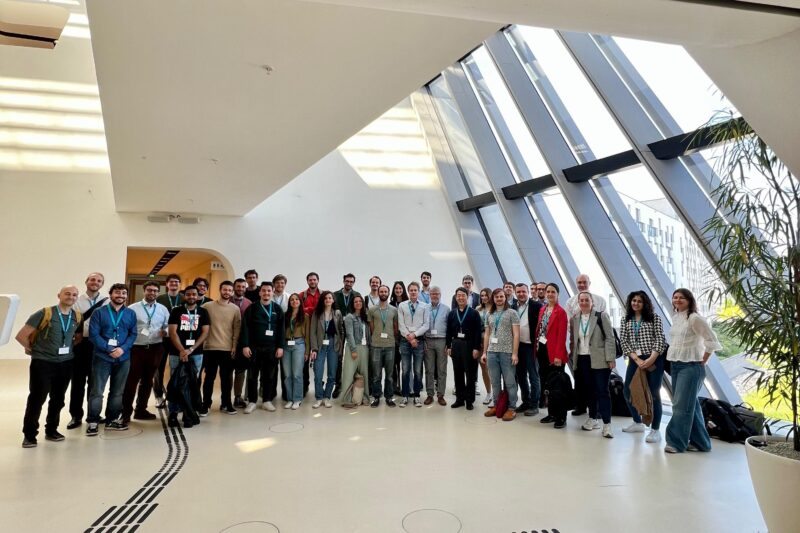
Dimensions of Platform-based Work in Austria and Europe
The study focuses on technological changes and effects that can arise from platform-based work for gainful employment in Austria. In the past, there has been a clear shift in the employment structure according to the focus of activities: occupations with predominantly manual work have been losing importance since 1995, as have occupations with manual routine work, their share falling by 7 and 12 percentage points respectively.
Since the mid-2000s, the number of self-employed persons in Austria has grown by 1.5 percent per year and thus significantly more than the number of employed persons, which increased by +0.8 percent per year. Among the self-employed, the group of self-employed without employees (one-person enterprises) had the highest dynamic: their number increased annually by +6 percent (men) and +8 percent (women). This group also includes "crowdworkers", a term used to describe forms of work that are mediated or carried out via platforms (e.g. Uber).
This form of work is still not widespread in Austria but is mostly associated with irregular and low income from gainful employment. The report examines in more detail the consequences for individual security as well as for the Austrian social security system, which is centred on gainful employment.
Publications
Please contact
























